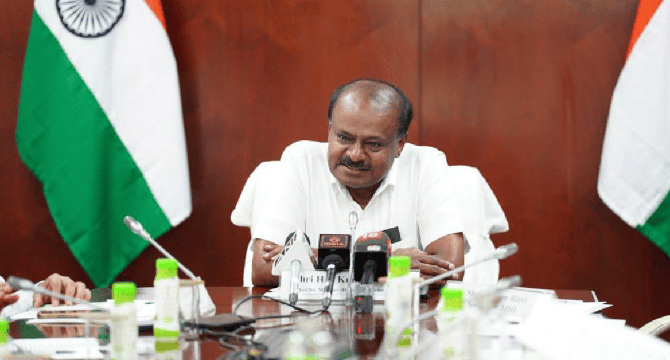Inc42
3w
135

Image Credit: Inc42
Centre To Soon Decide On Subsidy Scheme For Rare Earth Magnet Production
- The Indian government is considering a subsidy scheme to support domestic production of rare earth magnets in response to China's export ban on rare earth metals.
- The decision on the subsidy scheme is expected within the next 15-20 days, with discussions underway between ministries to promote self-reliance in strategic materials for sectors like EVs, electronics, and defense.
- If the proposed incentives exceed INR 1,000 Cr, it will require Union cabinet approval, with a focus on incentivizing rare earth minerals and magnets production within India.
- China's export restrictions on rare earth elements have led to a surge in global interest in producing rare earth magnets domestically.
- Indian automobile manufacturers are facing challenges due to the disruption in the rare earth supply chain, prompting discussions on reducing dependence on Chinese imports.
- India's reserves of rare earth elements are significant, but the country has struggled with production, leading to a reliance on imports for certain critical materials.
- The government launched the Scheme to Promote Manufacturing of Electric Passenger Cars in India (SPMEPCI) to attract global manufacturers to invest in India's electric vehicle sector.
- Under the SPMEPCI, companies committing to investment and setting up EV manufacturing units can benefit from reduced customs duty for imported electric vehicles.
- The scheme aims to encourage global electric vehicle manufacturers to contribute to India's automotive industry and support the country's transition to a sustainable economy.
- The launch of the SPMEPCI application portal opens opportunities for international companies to invest in India's evolving automotive market.
Read Full Article
8 Likes
For uninterrupted reading, download the app